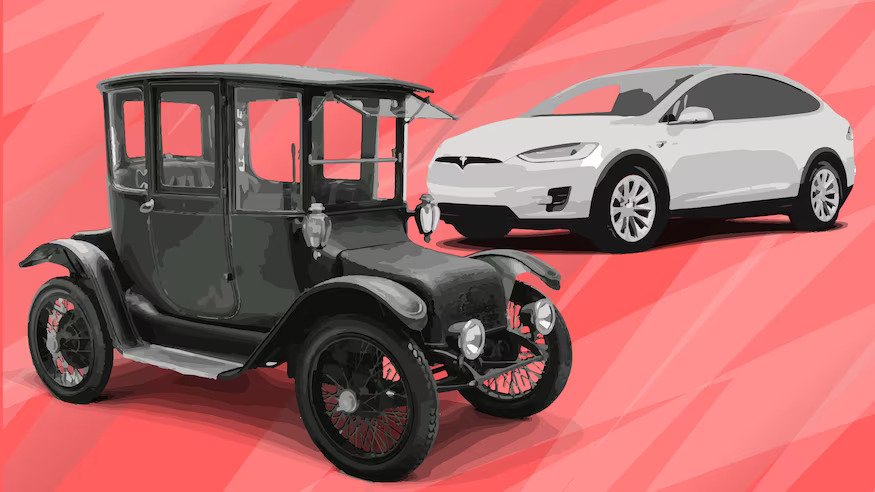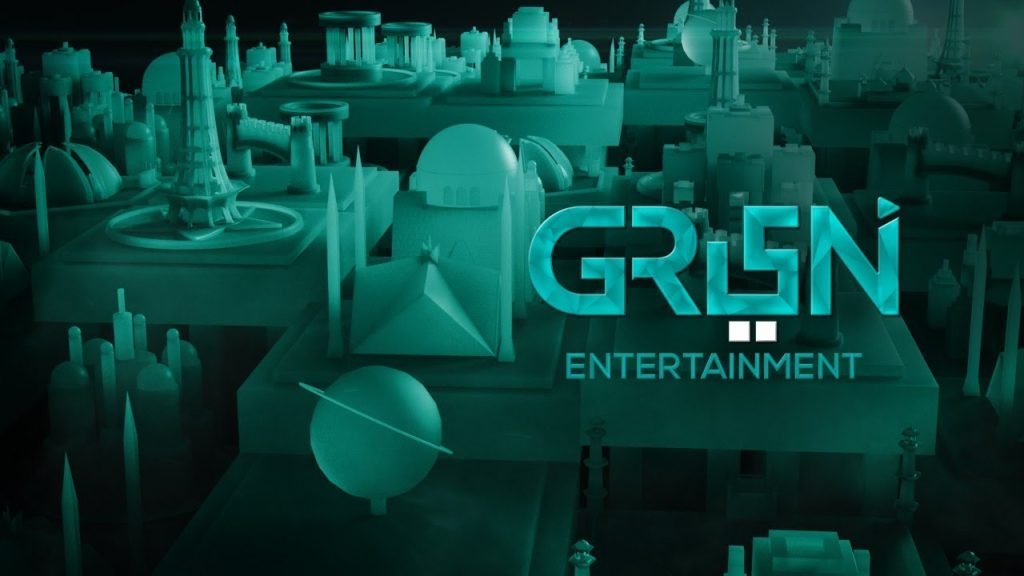Classic Cars vs. Electric Vehicles: A Glimpse into the Future of Transportation

Classic cars and electric vehicles (EVs) are two very different types of transportation. Classic cars are typically older, gas-powered vehicles, while EVs are newer, battery-powered vehicles.
Classic cars are often prized for their beauty, craftsmanship, and historical significance. They are also often seen as a status symbol. However, classic cars can be expensive to maintain and operate. They also produce emissions that contribute to air pollution and climate change.
EVs, on the other hand, are much more environmentally friendly than classic cars. EVs produce zero emissions, which helps to improve air quality and reduce greenhouse gas emissions. EVs are also less expensive to operate and maintain than classic cars.
However, EVs are still a relatively new technology, and they can be more expensive to purchase than classic cars. Additionally, EVs have a limited range, and it can take longer to charge them than to fill up a gas tank.
The future of transportation
It is clear that EVs are the future of transportation. EVs are better for the environment, and they are becoming more affordable and accessible. However, classic cars will continue to be popular for collectors and enthusiasts.
In the future, we may see a mix of classic cars and EVs on the road. Classic cars may be used for special occasions or for recreational purposes, while EVs may be used for everyday transportation.
Which type of transportation is right for you?
If you are looking for a vehicle that is environmentally friendly and affordable to operate, then an EV is a good option. If you are looking for a vehicle that is unique and has historical significance, then a classic car may be a better option.
Ultimately, the best type of transportation for you depends on your individual needs and preferences.
Here are some additional things to consider when choosing between a classic car and an EV:
- Cost: Classic cars can be expensive to purchase and maintain. EVs are also becoming more affordable, but they can still be more expensive to purchase than classic cars.
- Fuel costs: EVs are much less expensive to fuel than classic cars.
- Environmental impact: EVs are much better for the environment than classic cars.
- Performance: Classic cars can vary in terms of performance, but many of them offer a unique driving experience. EVs typically have good acceleration and performance, but they may not have the same sound or feel as a classic car.
- Range: Classic cars can have a limited range, depending on the model and year. EVs also have a limited range, but it is typically longer than the range of a classic car.
- Charging time: It can take longer to charge an EV than to fill up a gas tank.
Classic cars and EVs are two very different types of transportation. Classic cars are prized for their beauty, craftsmanship, and historical significance, while EVs are more environmentally friendly and affordable to operate.
The best type of transportation for you depends on your individual needs and preferences. Consider factors such as cost, fuel costs, environmental impact, performance, range, and charging time when making your decision.










